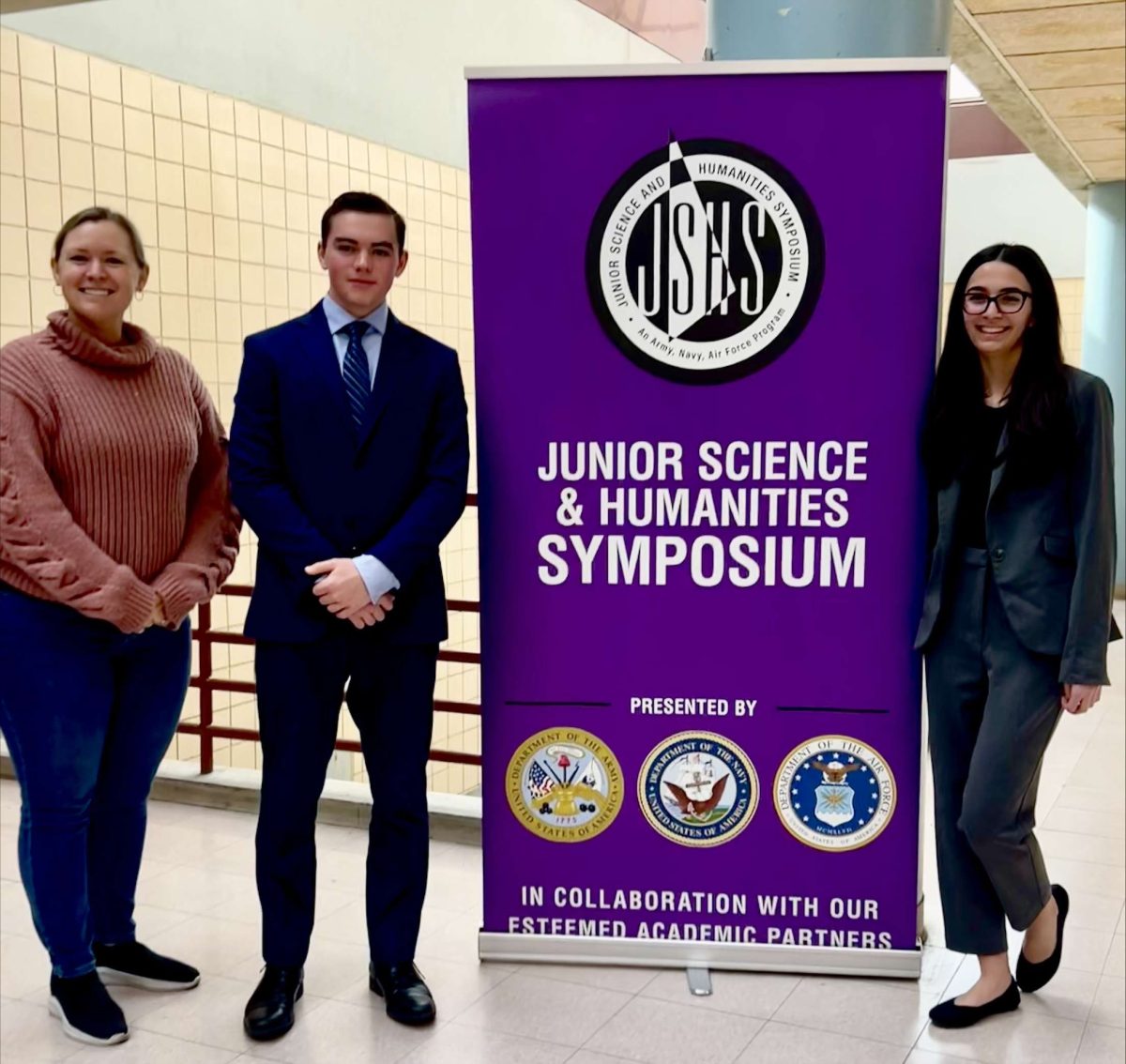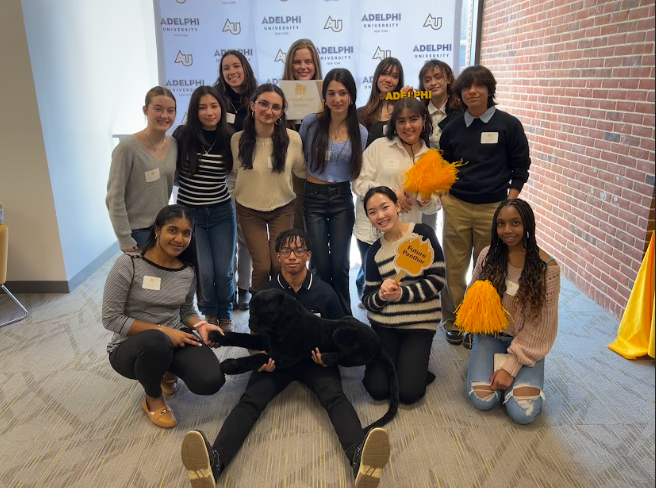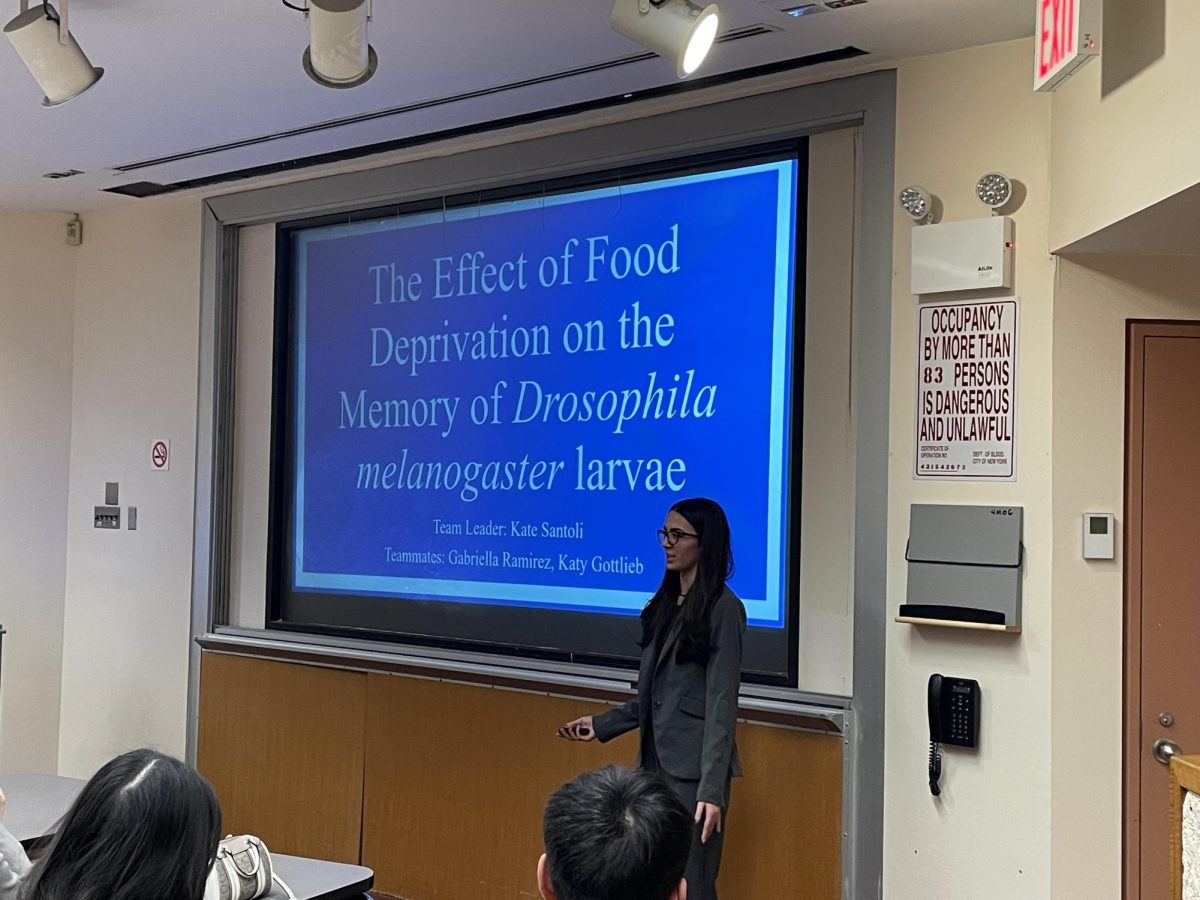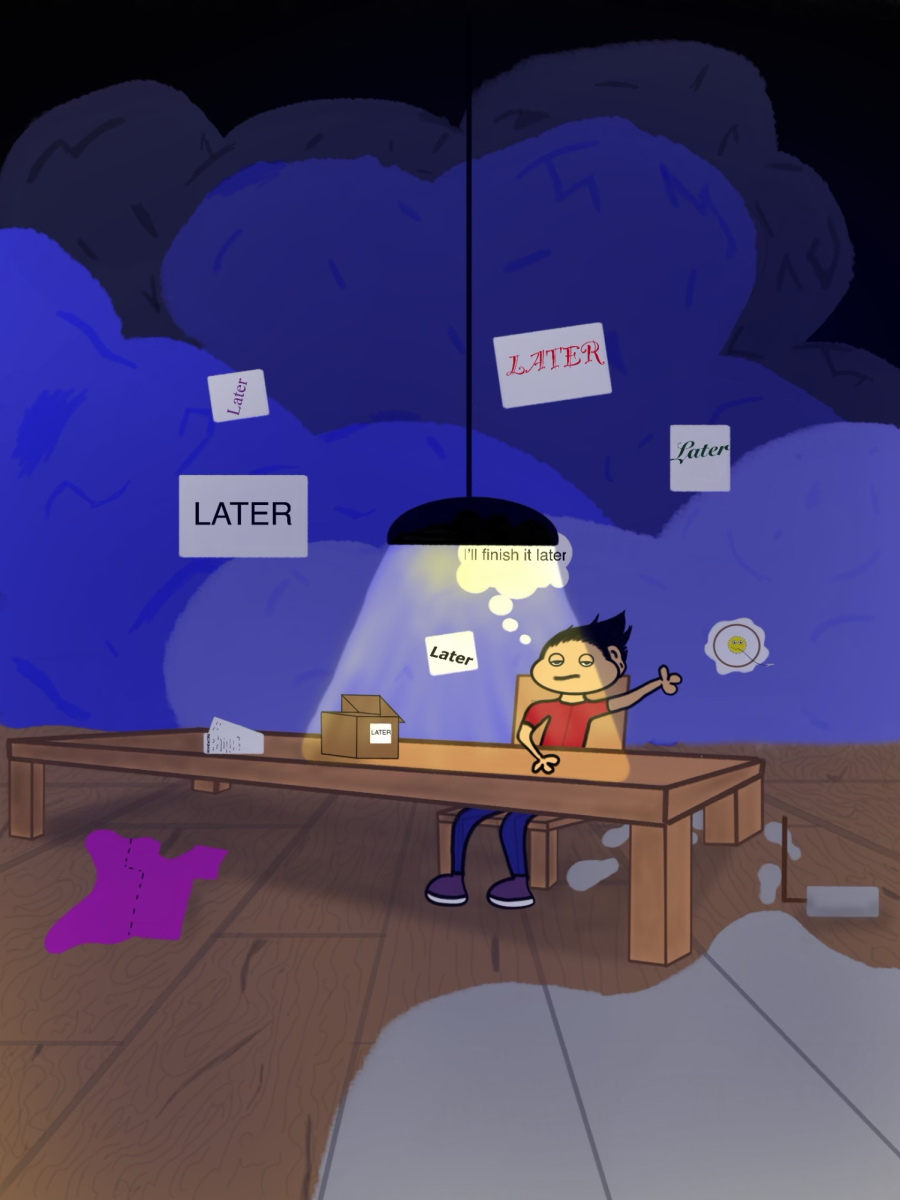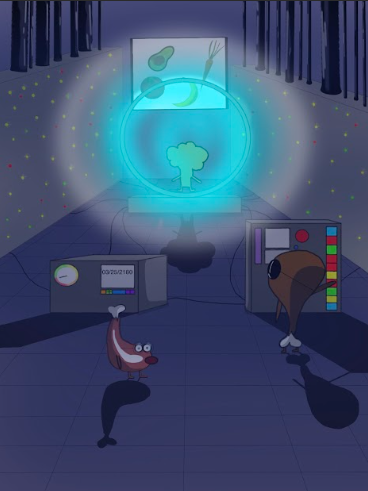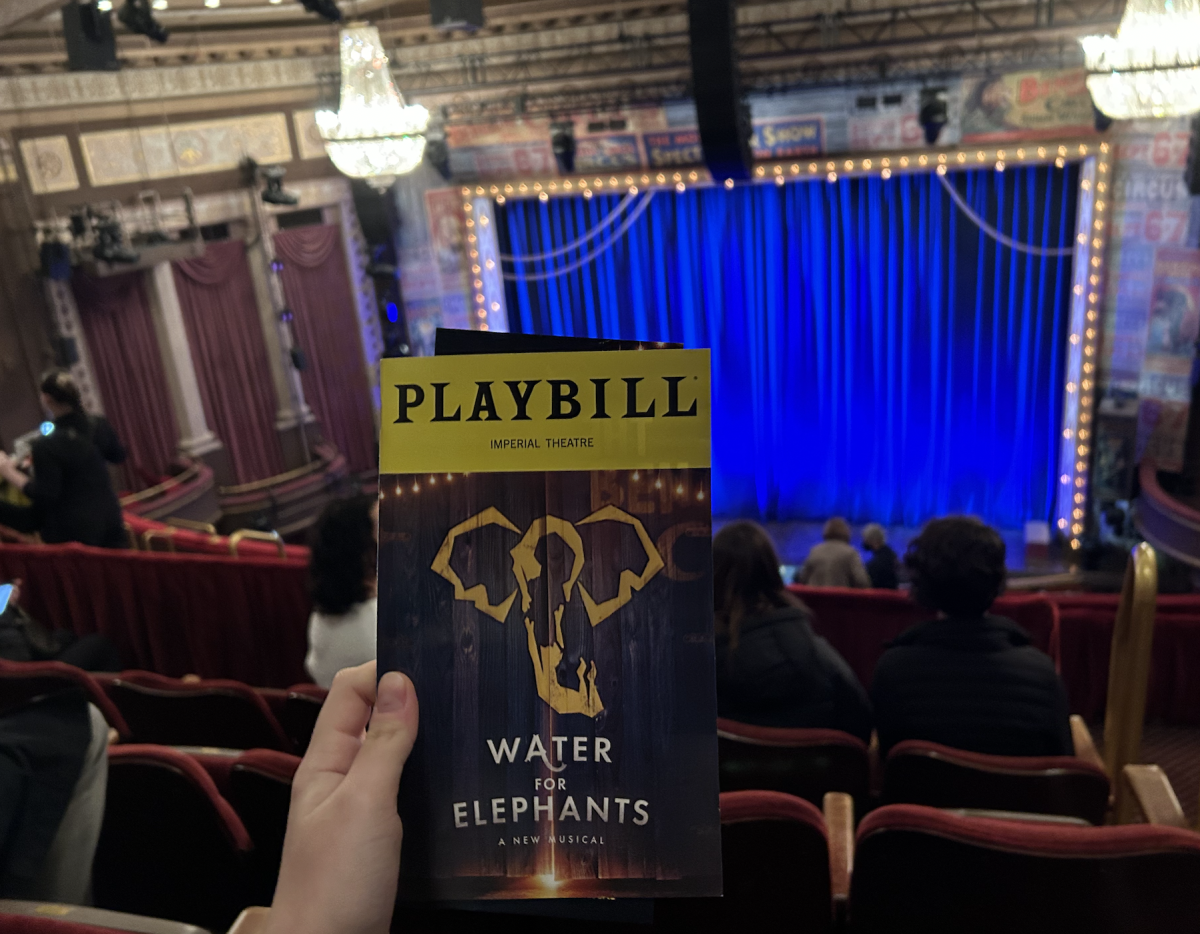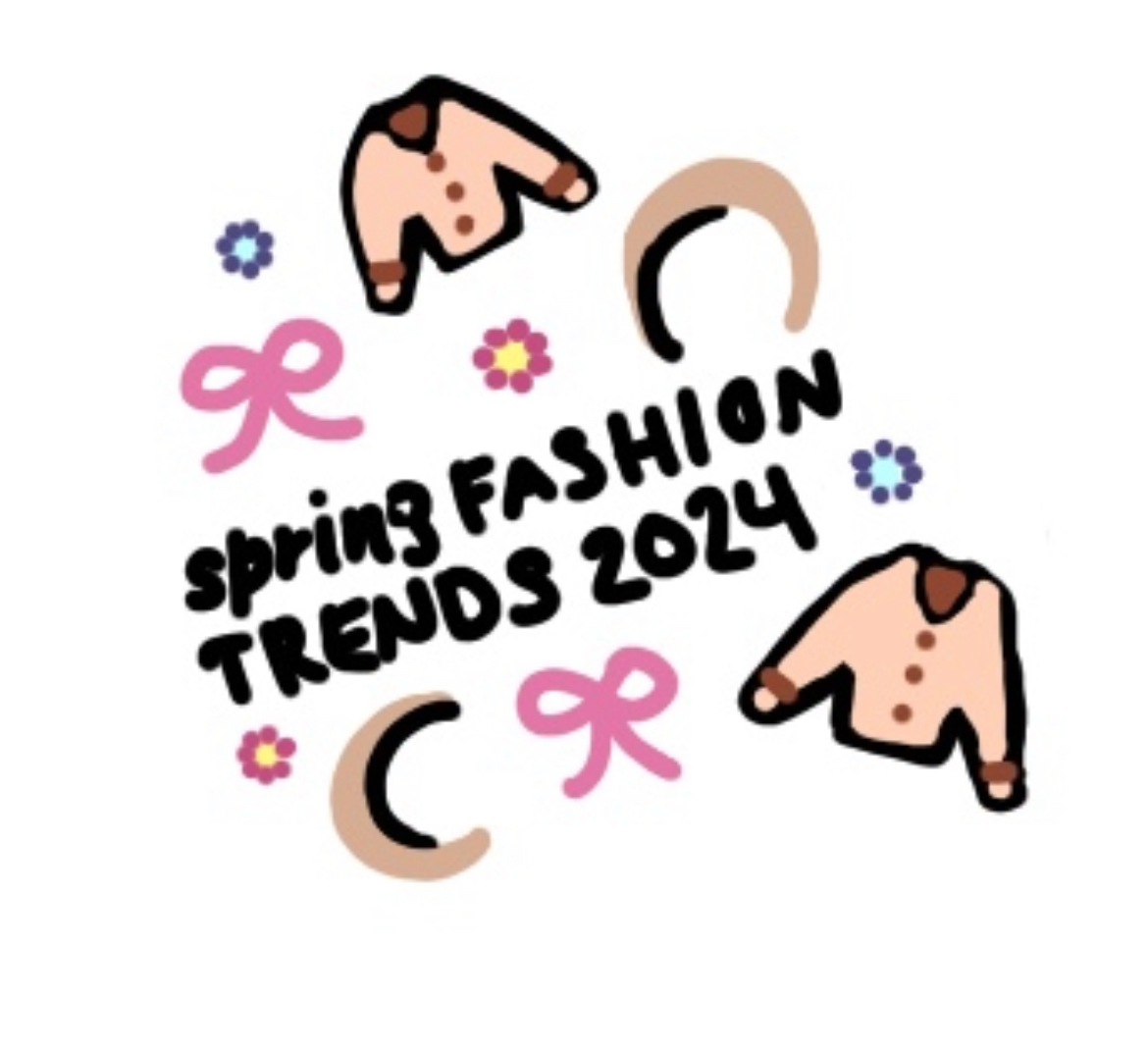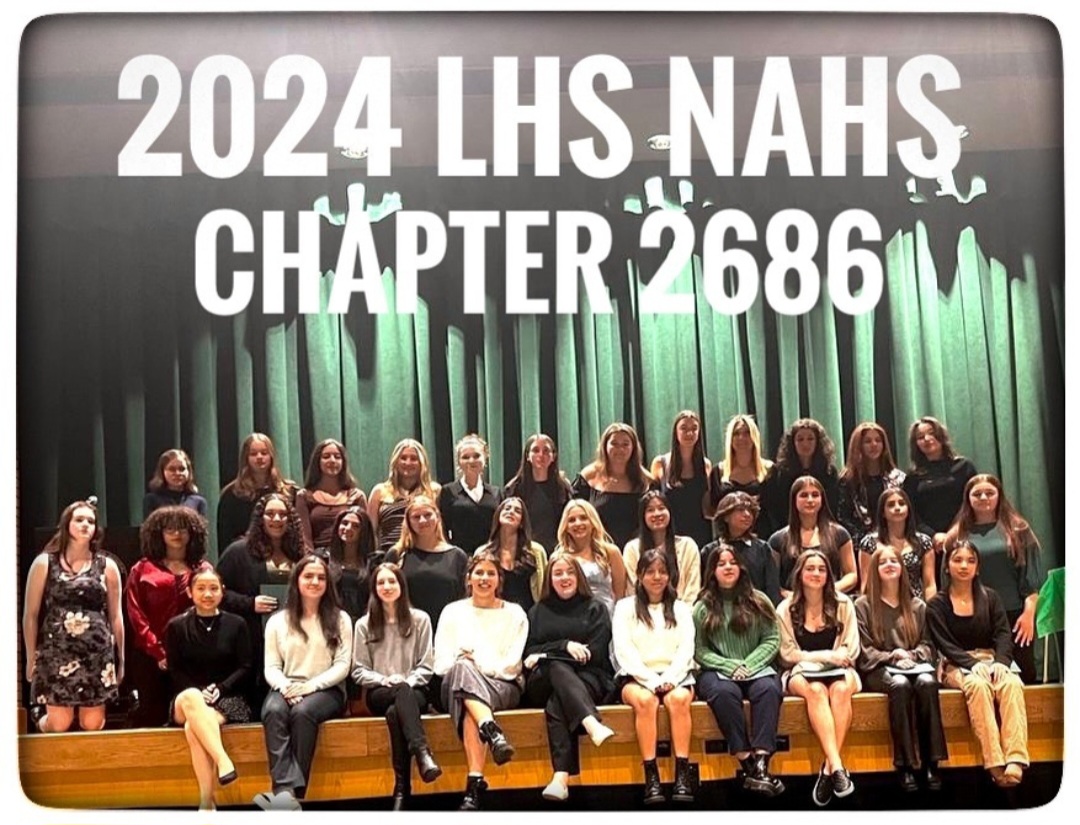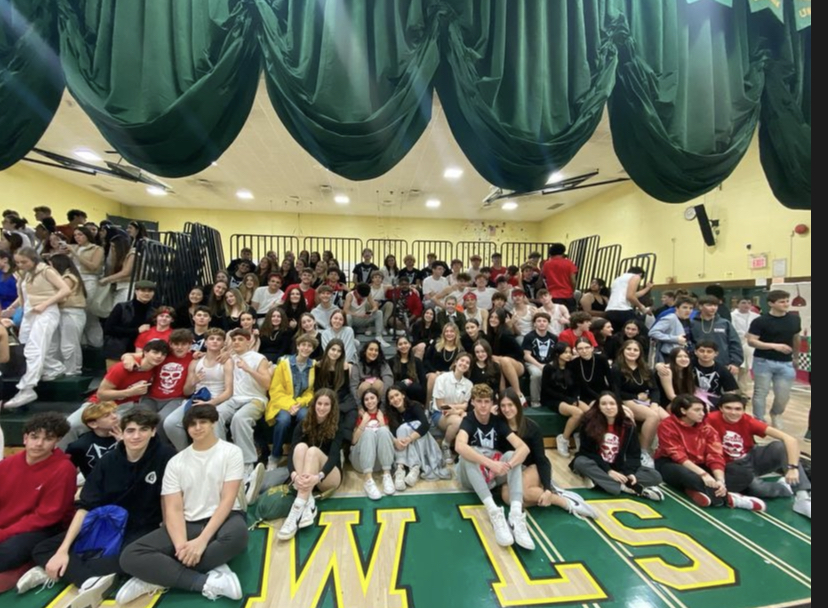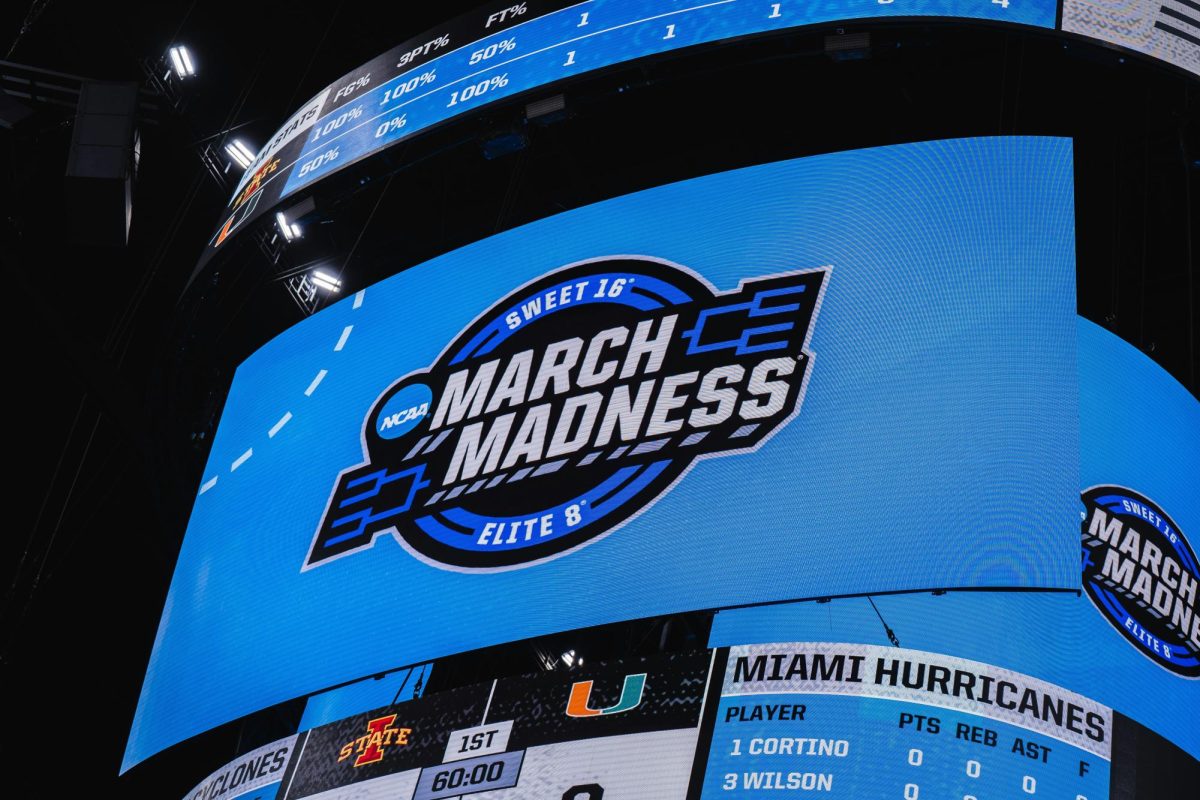Each year, the responsibilities and pressures of applying to college hit seniors like a ton of bricks. The process asks students to write multiple supplementary essays (multiplied by however many schools they are applying to), compile thorough and detailed portfolios, fill out countless forms and paperwork, give interviews with admission representatives, and stay sane. It stresses them to think of enduring this much work for much longer than November, wondering how they will be able to maintain their grades and mental health when several essays await them. Enter Early Action (EA) and Early Decision (ED): two plans through which seniors can get the application stress off their plates by both applying to and hearing back from colleges early. To many, these plans seem to be the ideal way to tackle the college application process. However, it is important to understand their benefits and downsides before deciding to pursue one as your application path to college.
First, what are EA and ED? This is a common question many have upon beginning the application process. Put simply, EA is a plan that allows one to apply early while not committing to a binding agreement. A binding agreement will restrict a student to committing to and attending a certain school if accepted; this is known as ED. Both plans provide a higher admissions chance since applications are read before those submitted through regular decision, another option with later deadlines. However, ED offers better chances since its binding agreement demonstrates commitment to the college or university. Students can apply to as many schools under EA as they like, as long as they are not considered Restricted Early Action (REA), meaning one cannot apply to another university’s early application program, according to College Vine’s website (blog.collegevine.com). If one pursues ED at a school, she “can still apply to other universities at the same time under their EA plans,” as reported by the same College Vine article.
The choice of which admission plan to select is not a simple one; many factors play into which one is right for a student. For instance, financial preparedness for rising tuition and housing costs is a key factor potential ED applicants should consider. However, ED may be the better bet in order to get into a dream school, with the EA application pool only becoming more competitive. In fact, according to the article “College Admissions Trends For 2023” on the Forbes magazine website (forbes.com), roughly 50% of applicants apply early, with colleges often filling 50-60% of their incoming classes with ED applicants. The same Forbes article also reports higher deferment rates this admission season with the record-breaking number of EA applicants.
This trend of competitiveness and pressure to apply early can be felt throughout the senior class. Senior Adalyn Diaz, who applied ED to Northeastern University, EA to Stony Brook University, and EA to Penn State recognized the many benefits of submitting her applications early. “[I wanted to] get all my college stuff out of the way so I could focus on school. Also, I heard from others that applying early boosts your chances of getting into a college. Although it isn’t a big boost, it gives me more hope that I’ll get into those schools,” said Diaz. She also admitted the influence her friends and classmates had on her decision: “[It] kind of put pressure on me. Not direct pressure, but more of ‘since everyone is doing it, I should too.’” Ultimately, Diaz is happy with her decision to apply early.
As an educator who assists with writing application essays, English teacher Jill Garfunkel sees first-hand how this pressure can affect students, finding that many are “spread so thin and are so overwhelmed.” She also observes that the pressure seems to build more with each passing year as deadlines become earlier. To combat this stress, Garfunkel recommends taking time for oneself. “It’s important to take a break and do just that. The process will be less stressful if you are good to yourself,” she concluded.
Similar to Diaz, senior Gabriella Ramsammy saw the value in getting her applications done early. Initiated by her guidance counselor, Ramsammy applied to SUNY Old Westbury, SUNY Farmingdale, Adelphi University, and Molloy University under EA; to ease the process, she only applied to schools that did not require an extra supplemental essay. “I think applying early was the best choice for me since I already had my college essay done and my colleges picked out,” Ramsammy said. “I feel a lot more stress free now that I have finished college submissions, and I am very happy with my choice of Early [Action],” she added.
Guidance Counselor Melissa Marr observed the many benefits that come with applying early while acknowledging that the process is specific and personal. “Sometimes students have a better chance for admissions when applying early, [although it is always relative to each individual college or university]. It may allow them to qualify for more scholarships [by following] priority deadlines, and in a school that [has] rolling admissions, it will help in the review process,” she explained. However, she ultimately feels that students “know themselves best” and whether or not applying early is appropriate for their intended program or scholarship consideration. Marr also emphasized time management as a key player in the process: “Try not to wait until the very last minute…Know your deadlines for all materials and be certain to inform individuals you may need information from of these deadlines in advance [for things such as recommendation letters].”
Applying early to a school is a decision that is not made lightly. Many students will need to weigh the pros and cons of the admission plans schools offer and see what works for them and their situation; it is certainly not a one-size-fits-all process.


